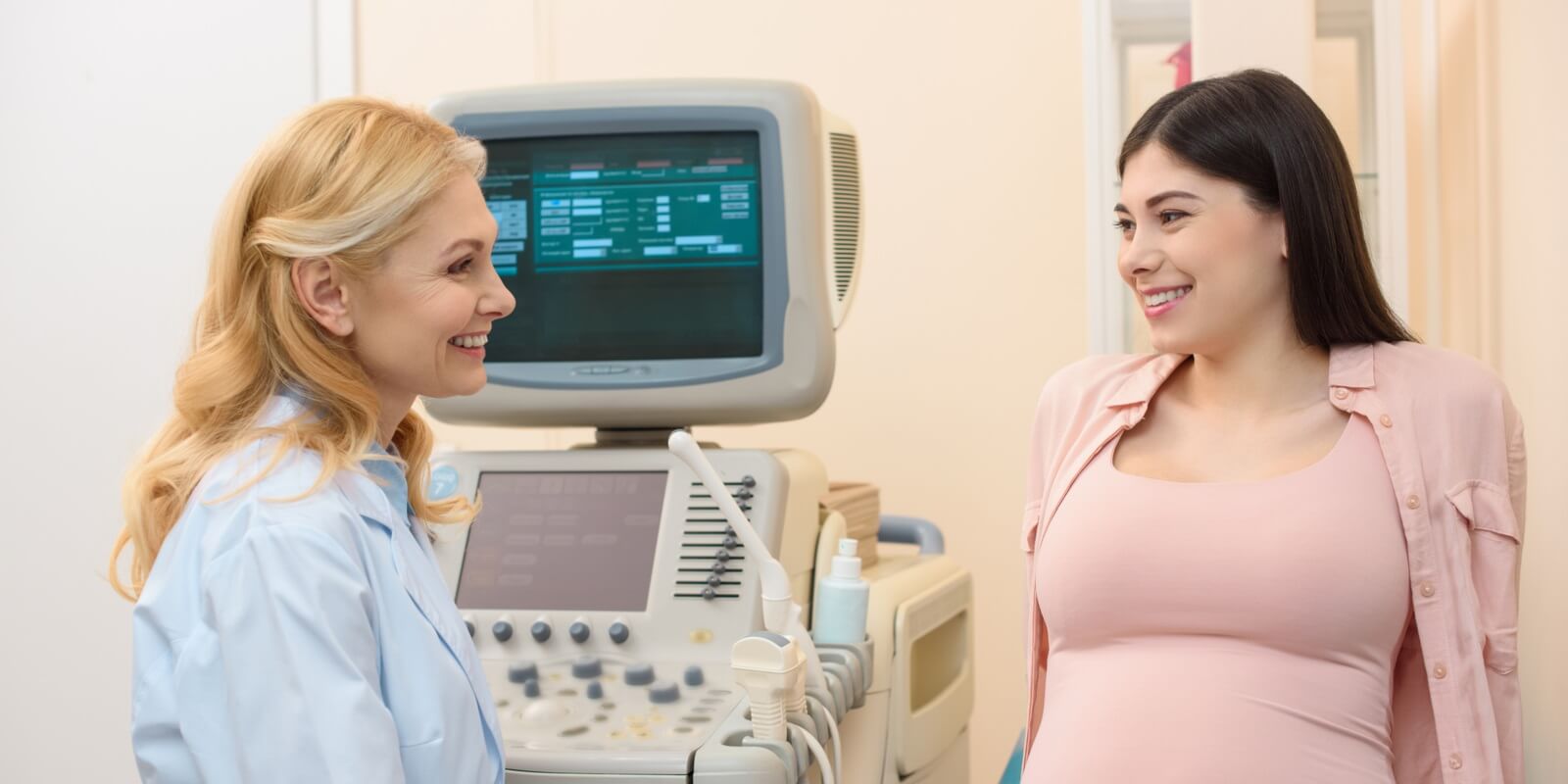
Introduction
When it comes to women’s health, the role of a gynaecologist is paramount. These medical professionals specialize in the female reproductive system, providing essential care, diagnosis, and treatment for various issues. In this comprehensive guide, we will delve into what a gynaecologist does, why their services are essential, and how you can maintain optimal gynaecological health.
Understanding the Basics
What is Gynaecology?
Gynaecology is a branch of medicine that focuses on the female reproductive system, encompassing the uterus, ovaries, fallopian tubes, cervix, and vagina. Gynaecologists are experts in diagnosing and treating conditions related to these organs.
The Role of a Gynaecologist
Gynaecologists play a crucial role in women’s health by providing a wide range of services, including:
1. Routine Check-ups
Regular visits to a gynaecologist for check-ups are essential to monitor overall reproductive health, detect early signs of issues, and receive preventive care.
2. Obstetrics
Gynaecologists also manage pregnancy and childbirth. They provide prenatal care, deliver babies, and address any complications that may arise during pregnancy.
3. Menstrual Health
Issues like irregular periods, heavy bleeding, and severe cramps can be addressed and treated by a gynaecologist.
4. Contraception
Gynaecologists assist women in choosing the most suitable contraception methods based on their individual needs and preferences.
Specialized Services
Dealing with Reproductive Disorders
Gynaecologists are experts in diagnosing and treating reproductive disorders such as polycystic ovary syndrome (PCOS), endometriosis, and uterine fibroids.
Managing Infections
They can diagnose and treat various infections affecting the reproductive system, including sexually transmitted infections (STIs).
Addressing Infertility
For couples struggling with infertility, gynaecologists offer comprehensive evaluations and treatments to help them achieve their family planning goals.
When to See a Gynaecologist
Adolescence
Young girls should have their first gynaecological visit between the ages of 13 and 15 to establish a baseline for their reproductive health.
Regular Check-ups
Women of reproductive age should schedule annual check-ups to ensure their gynaecological health is optimal.
Pregnancy
If you’re planning to conceive or are already pregnant, regular visits to a gynaecologist are essential for a healthy pregnancy.
Menopause
Menopausal women may need to consult a gynaecologist to manage symptoms and address changes in their reproductive health.
The Importance of Preventive Care
Preventive care is a cornerstone of gynaecological health. Regular screenings, vaccinations, and early detection can prevent many gynaecological issues from becoming more serious.
Conclusion
In conclusion, gynaecologists are unsung heroes in women’s healthcare, providing essential services that contribute to overall well-being. By seeking regular care and being proactive about reproductive health, women can enjoy a higher quality of life and peace of mind.